5 Tips for Parents of New Kindergartners Who Are Younger Than Their Classmates
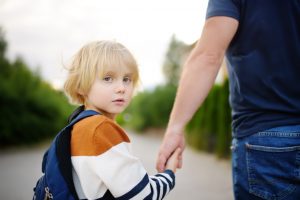 A good kindergarten experience sets kids up for success in school and into adulthood. Students in smaller kindergarten classes are more likely to go to college than students from larger classes. And by age 27, students who had more experienced kindergarten teachers were earning more money than their peers who had less-experienced teachers in kindergarten. Read more ›
A good kindergarten experience sets kids up for success in school and into adulthood. Students in smaller kindergarten classes are more likely to go to college than students from larger classes. And by age 27, students who had more experienced kindergarten teachers were earning more money than their peers who had less-experienced teachers in kindergarten. Read more ›

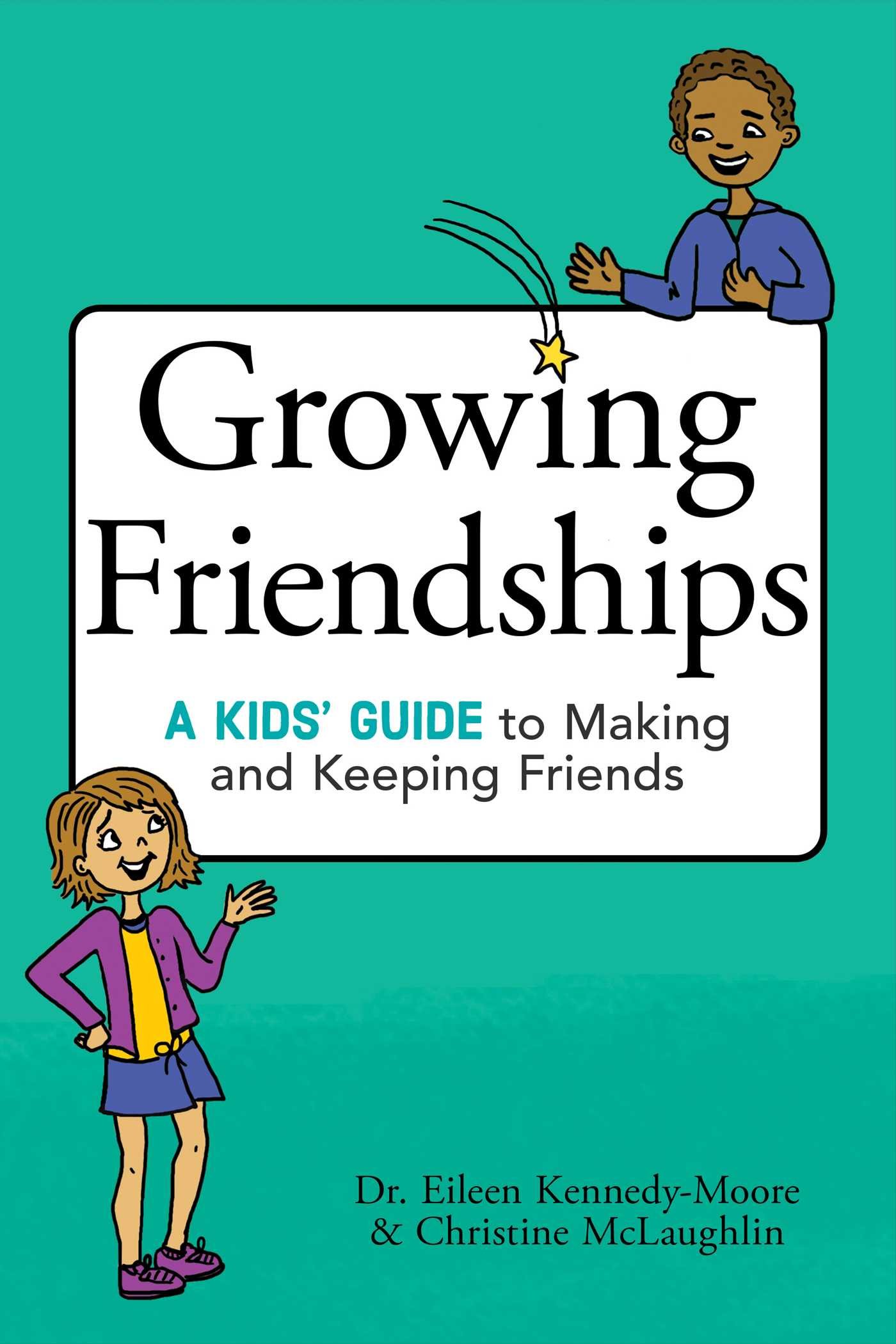
 Friendships aren’t always easy for kids. Almost every child struggles socially at some time, in some way—having an argument with a friend, getting teased, or even trying to find a buddy in a new classroom.
Friendships aren’t always easy for kids. Almost every child struggles socially at some time, in some way—having an argument with a friend, getting teased, or even trying to find a buddy in a new classroom.
 Babies don’t come with instruction manuals. Children are at once joyful, sad, confusing, predictable, generous, selfish, gentle and mean. What’s a parent to do when faced with such perplexing offspring? Given the complex interactions of parent, child and surroundings, parents often feel lost. Many may seek answers in parenting books.
Babies don’t come with instruction manuals. Children are at once joyful, sad, confusing, predictable, generous, selfish, gentle and mean. What’s a parent to do when faced with such perplexing offspring? Given the complex interactions of parent, child and surroundings, parents often feel lost. Many may seek answers in parenting books. 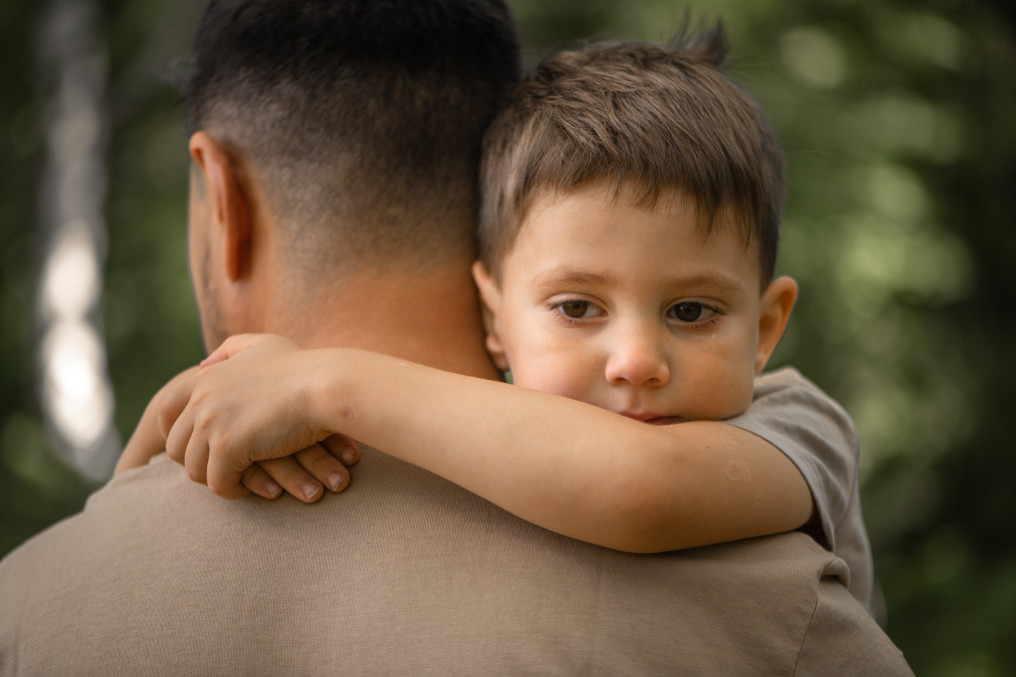
 The news can be devastating. Events such as a mass shooting at an elementary school can be incomprehensible to adults — so how do we talk about them with kids?
The news can be devastating. Events such as a mass shooting at an elementary school can be incomprehensible to adults — so how do we talk about them with kids? 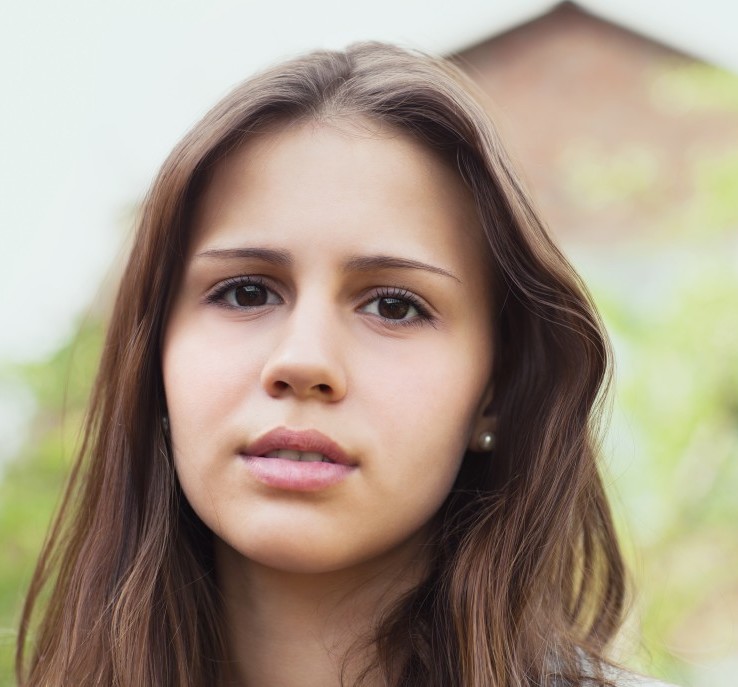
 The
The 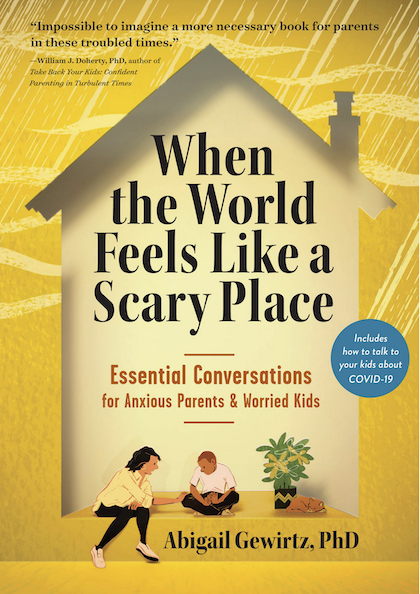
 It’s an understatement to say we live in an age of anxiety. Political polarization, school shootings, income inequality, climate issues, sexual harassment, and more—whether it’s on the news or hitting closer to home, it’s impossible to tune out. The problem is, most children can’t put these issues in perspective, and parents, often anxious themselves, can have a hard time talking to their kids without making it worse.
It’s an understatement to say we live in an age of anxiety. Political polarization, school shootings, income inequality, climate issues, sexual harassment, and more—whether it’s on the news or hitting closer to home, it’s impossible to tune out. The problem is, most children can’t put these issues in perspective, and parents, often anxious themselves, can have a hard time talking to their kids without making it worse. 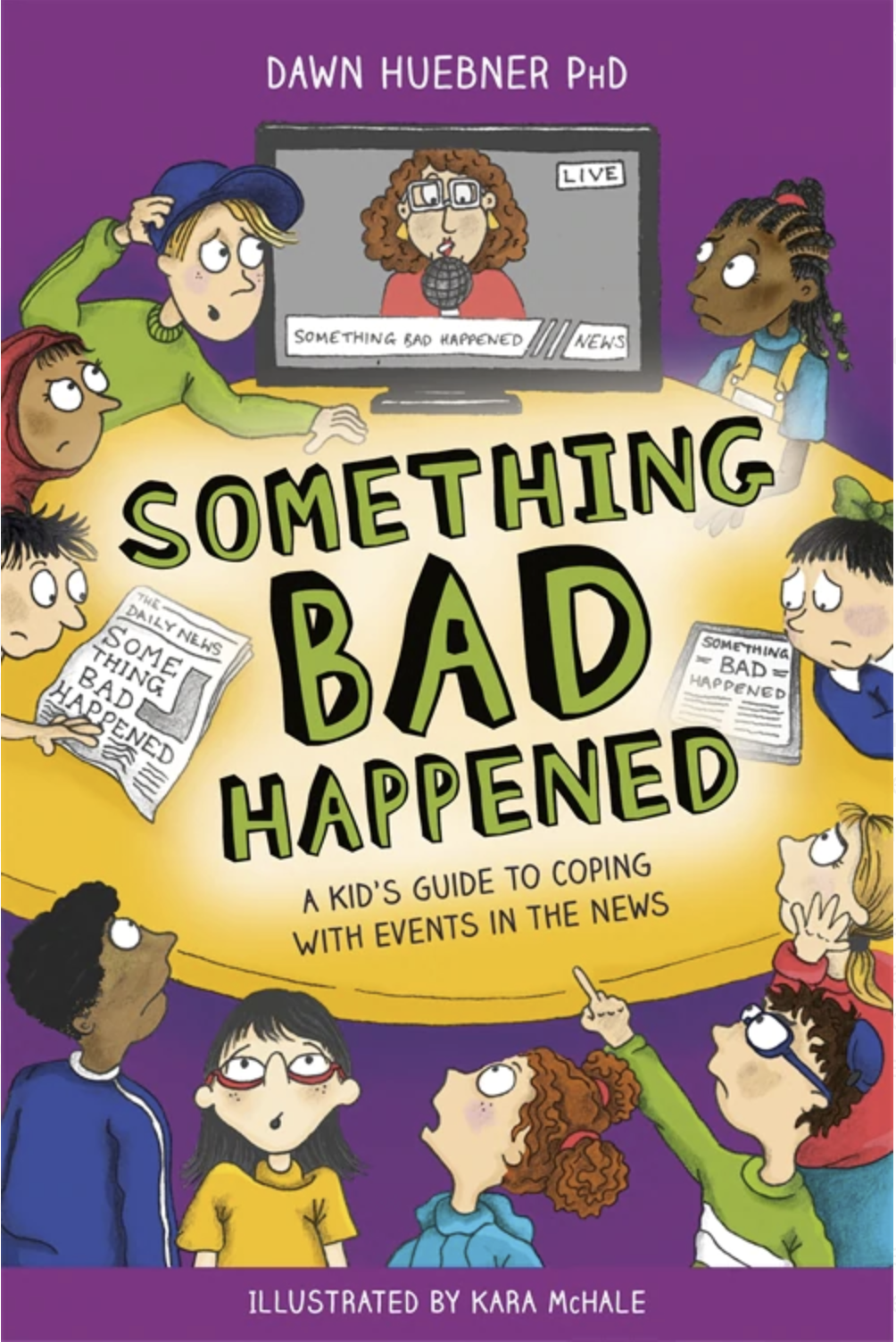

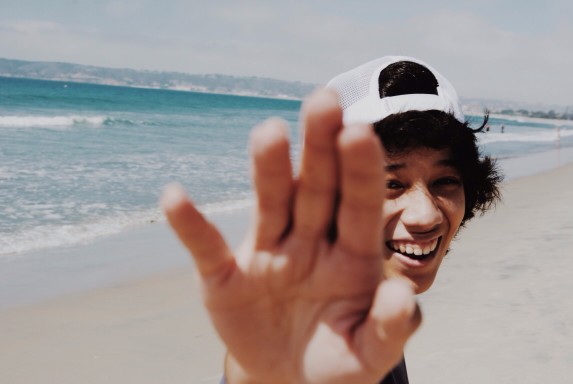
 Remember when childhood summers looked like long, unscripted days of play with whichever neighborhood kids you happened to run into, riding bikes and climbing trees and not coming home until the street lights flickered on? If we were fortunate enough to go to camp, it probably entailed swimming, crafts and capture the flag, not STEM, VR and scratch coding.
Remember when childhood summers looked like long, unscripted days of play with whichever neighborhood kids you happened to run into, riding bikes and climbing trees and not coming home until the street lights flickered on? If we were fortunate enough to go to camp, it probably entailed swimming, crafts and capture the flag, not STEM, VR and scratch coding. 
 Between 2009 and 2019, the percentage of teens who reported having “persistent feelings of sadness or hopelessness” rose from 26 percent to 37 percent and, in 2021, to 44 percent. Further, research shows that 1 in 5 youth in distress felt that they didn’t have someone they could turn to in a crisis. How can we let our teens know we’re here for them and protect them from significant mental health challenges?
Between 2009 and 2019, the percentage of teens who reported having “persistent feelings of sadness or hopelessness” rose from 26 percent to 37 percent and, in 2021, to 44 percent. Further, research shows that 1 in 5 youth in distress felt that they didn’t have someone they could turn to in a crisis. How can we let our teens know we’re here for them and protect them from significant mental health challenges? 
 The first step in starting a conversation is to choose a good time. It’s really important to make space to be together without an agenda or pressure. Conversation tends to flow best when it naturally occurs.
The first step in starting a conversation is to choose a good time. It’s really important to make space to be together without an agenda or pressure. Conversation tends to flow best when it naturally occurs. 

